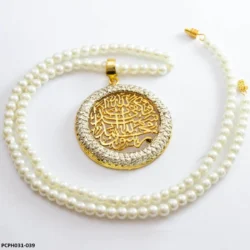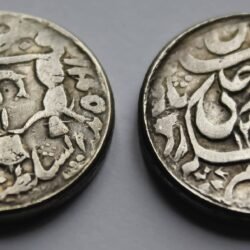The status of eating Turbah in Islam is not established. Turbah, which refers to the soil or clay used for prostration during prayers, holds symbolic significance but is not intended for consumption. It’s crucial to adhere to Islamic teachings regarding permissible actions and avoid practices without religious basis. Eating Turbah is not a recognized tradition in Islam.
Prohibition of Ingesting Earth
Islam emphasizes the importance of cleanliness and purity in all aspects of life, including dietary habits. The consumption of impure substances, including earth or clay, is generally discouraged in Islamic teachings. Prophet Muhammad (peace be upon him) explicitly forbade the ingestion of impure or harmful substances, including dirt or soil, stating, “There should be neither harming nor reciprocating harm” (Sunan Ibn Majah).
Context of Turbah in Worship
While Turbah holds significance as a surface for prayer, its purpose is strictly limited to facilitating acts of worship. The Prophet Muhammad (PBUH) never prescribed or encouraged the consumption of Turbah. Instead, its use is confined to the ritualistic context of prayer, where it serves as a symbol of humility and submission before Allah.
Lack of Religious Justification
From a theological perspective, there is no religious justification for consuming Turbah in Islam. The Qur’an and Hadith literature do not mention or endorse the ingestion of earth or clay as a form of worship or spiritual practice. Therefore, any attempt to consume Turbah as a religious act lacks scriptural basis and may be considered an innovation (bid’ah) in Islam.
Health Considerations
In addition to religious factors, health considerations also come into play when discussing the consumption of Turbah. Earth or clay may contain impurities, microbes, or toxins that could pose health risks if ingested. Consuming Turbah without proper purification or verification of its safety may jeopardize one’s well-being and contradict the Islamic principle of safeguarding one’s health.
Cultural Practices and Misconceptions
In some cultures or traditions, there may be beliefs surrounding the consumption of earth or clay for purported health benefits or spiritual purposes. However, such practices are not rooted in Islamic teachings and may reflect local customs or superstitions. It’s essential for Muslims to distinguish between authentic religious practices and cultural customs that lack religious validity.
Prohibition of Eating Turbah
In conclusion, eating Turbah is considered haram (forbidden) in Islam due to several factors. Firstly, there is no religious basis or precedent for consuming earth or clay as a form of worship. Additionally, ingesting impure substances contradicts Islamic principles of cleanliness and purity. Furthermore, health considerations highlight the potential risks associated with consuming Turbah. Therefore, Muslims are advised to adhere to the teachings of Islam and refrain from any practices that lack religious legitimacy.








